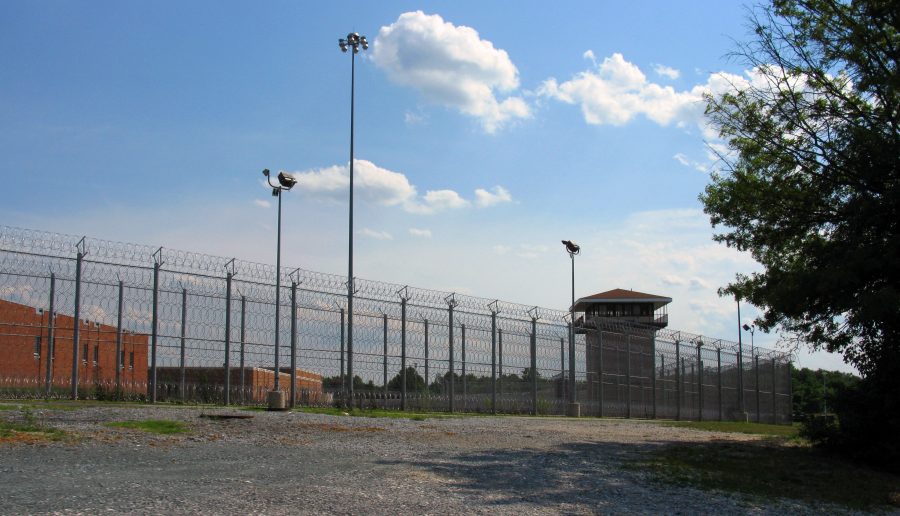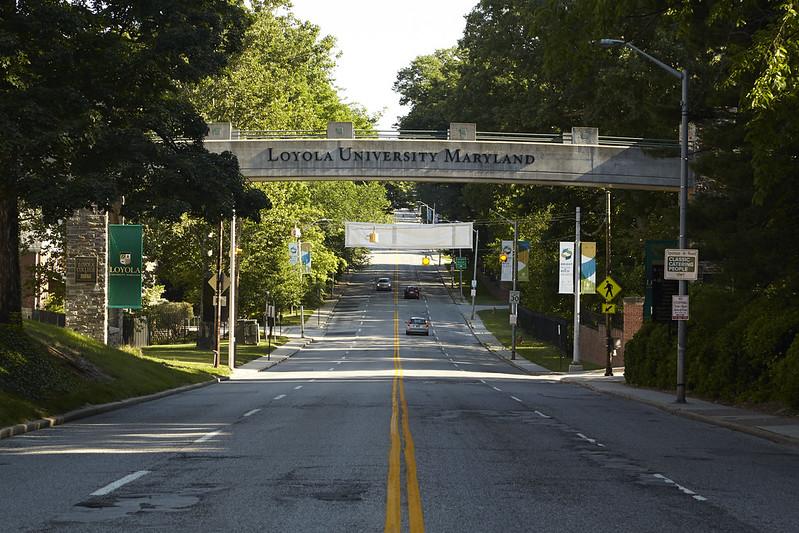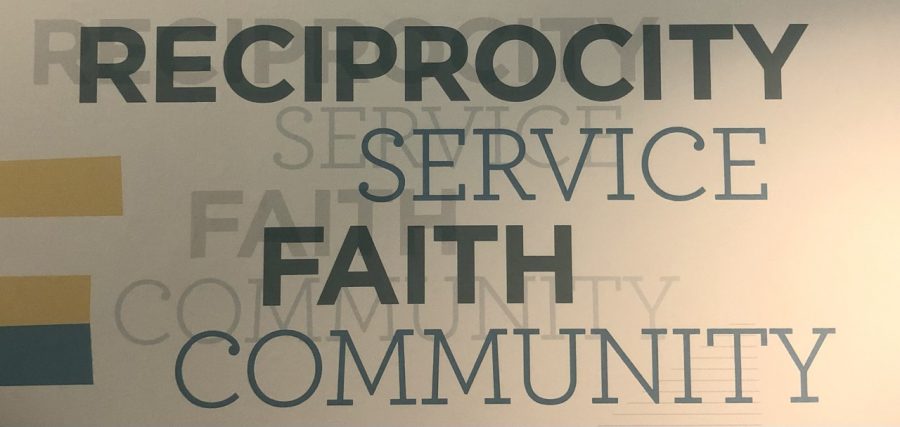On Oct. 10, first-year students crowded into the 4th-floor programming room to hear “Stories from Maximum Security,” a program explaining the treacherous conditions of the Jessup Correctional Institute, the lack of education for prisoners, and the immediate need for reform in the criminal justice system.
“We are living in a state of mass incarceration,” stated Joshua Miller, a visiting assistant professor in the Philosophy and Religious Studies departments.
The Jessup Correctional Institution (JCI) is an all-male, maximum security prison located in Jessup, Md. It opened in 1991 and holds about 1,400 inmates as of 2010. Loyola has an organization called “The Jessup Scholars program” in which faculty members and post-graduate students volunteer at the institute as teachers. At “Stories from Maximum Security,” volunteers shared their stories at the penitentiary with first-year students.
“I only got to work at the prison for four years, but I understood rather quickly how [the prisoners] felt in these kinds of institutions,” Dr. Marianna E. Carlucci of the Psychology department said.
Carlucci told the audience about her first days at JCI and elaborated on the “clearing process.” Every visitor undergoes intensive screening and searching before allowed into the prison, and Carlucci stated that she felt this process was extremely unfair.
“During clearing, the officers made me buy new shoes, change my pants, and walk weirdly through the detector for their own pleasure. The next day, the clothing item I wasn’t cleared for would be cleared with no problems,” Carlucci said. “These officers obviously believed they were above me. It was humiliating.”
Once cleared, volunteers would teach the inmates on the college-level and begin to expose them to the world of education.
English department assistant professor Dr. Giuseppina Iacono Lobo recounted her experience teaching inmates about Shakespeare.
“We were reading ‘Romeo and Juliet.’ The men didn’t understand the play at first, but once we dove into it, they began to embody Shakespeare’s realm,” Lobo said.
Lobo also read a poem written by one of her students where the inmate expressed his despair towards being imprisoned, but indicated that, just like at the end of “Romeo and Juliet,” “his story will end in glory.”
Next, a former prisoner stated that incarcerated people have a 50 percent failure rate of remaining out of prison after they are released. After taking only 12 credits of classes, that number decreases to only 10 percent.
The prisoner also rebuked the unclean, inhumane conditions of the institute and demanded action against the JCI officers.
“If I wanted to have a visitor, they had to have their original birth certificate on top of meeting all of the clearing requirements,” he said. “I can also recall a time when the shower pipe broke, and the officers didn’t fix it, so all the prisoners had to shower and desiccate in a garbage bin for weeks.”
Miller said that statistics state that racial discrimination, especially against drug users, is the biggest factor in incarceration. Miller indicated that most inmates are “non-violent criminals,” and that more than two-thirds of these people are African American or Latino.
Each speaker called for action and reform against the treatment of prisoners, the conditions of the prison, and the lack of educational resources. The Rev. Timothy Brown then spoke about the impact Loyola students can have on this issue.
“Loyola students will make these people who are invisible, visible,” he said.
Adding to Brown’s point, the Miller stated that “education makes a huge difference for those caught up in the incarceration system. A prisoner’s mind can fly free if given the opportunity.”
Ending the presentation, the former prisoner made one final comment about the reforms needed at JCI.
“The State of Maryland has to be held accountable for the state of their victims. They can’t just forget about it,” he said. “Where is society’s social conscience?”
* Featured image courtesy of Literary Hub*

















































































































Anonymous • Oct 12, 2017 at 9:36 pm
5